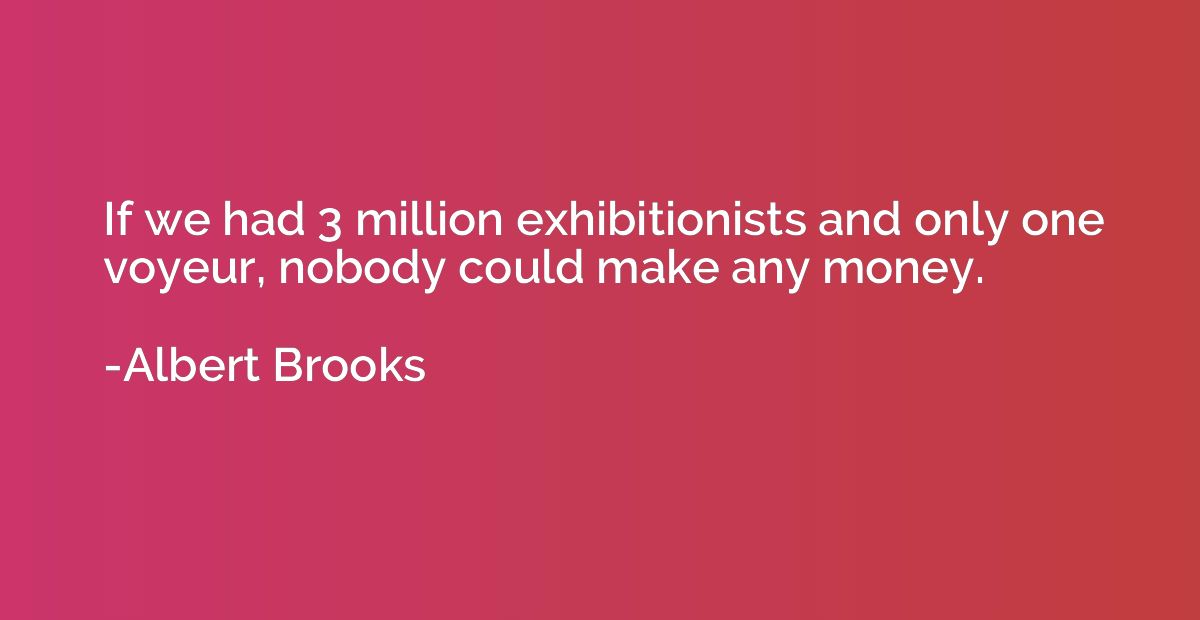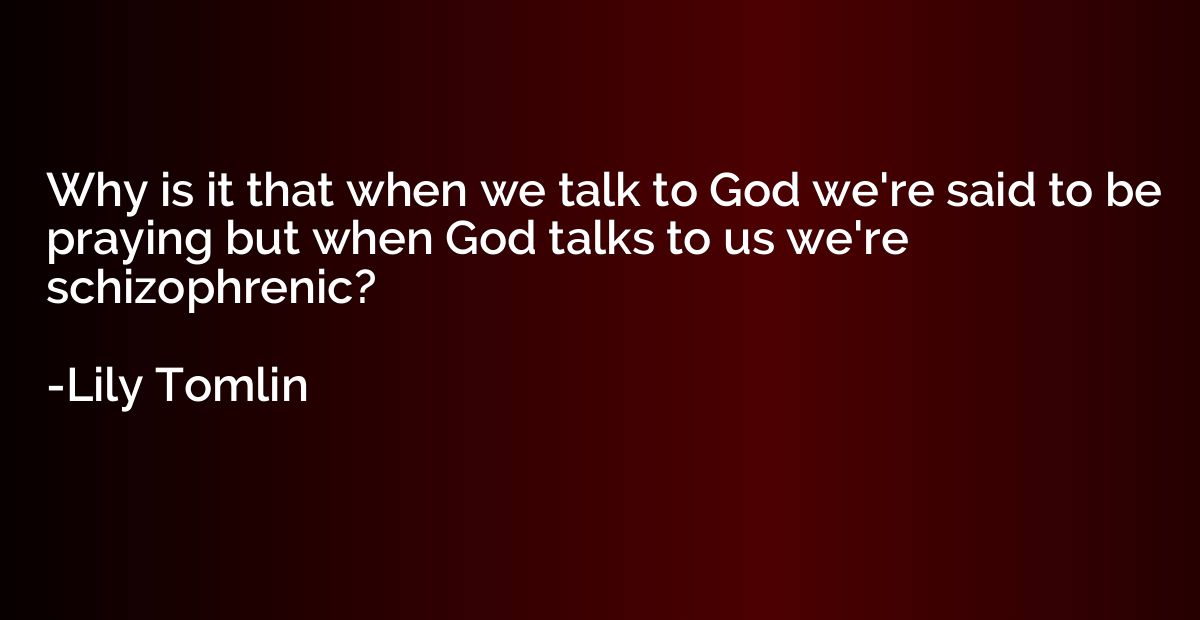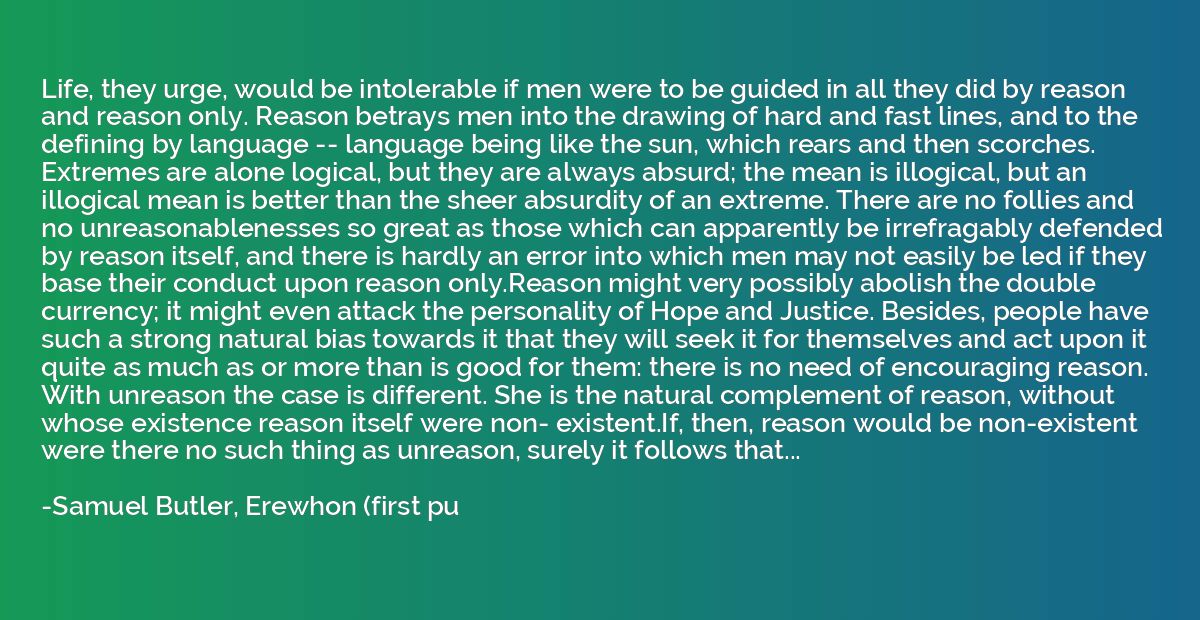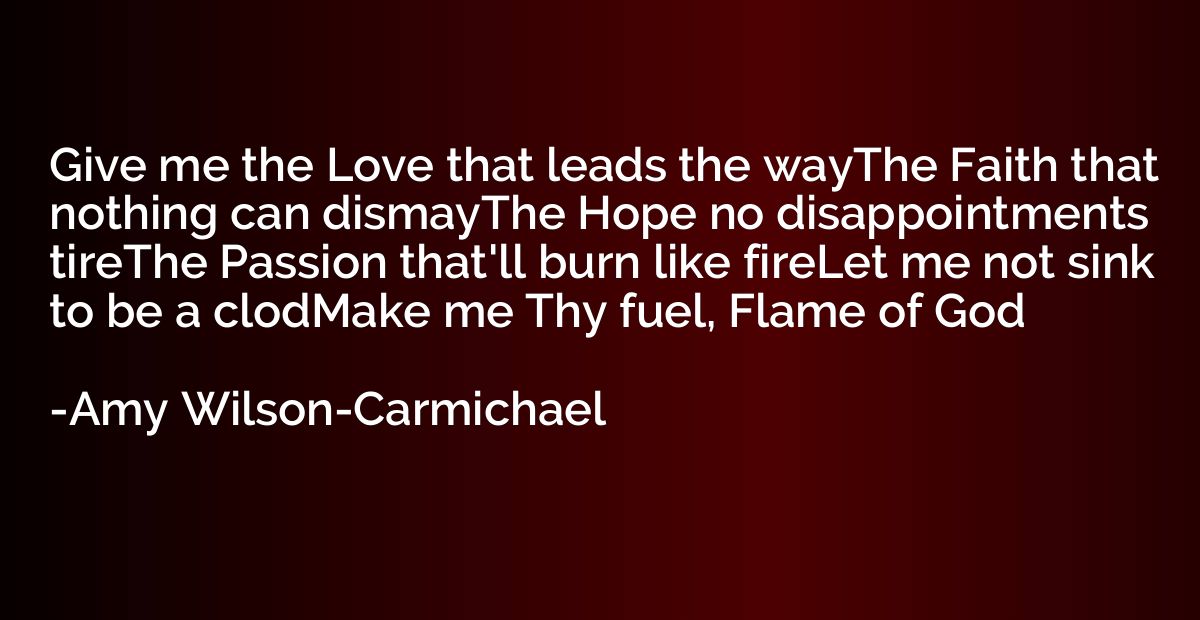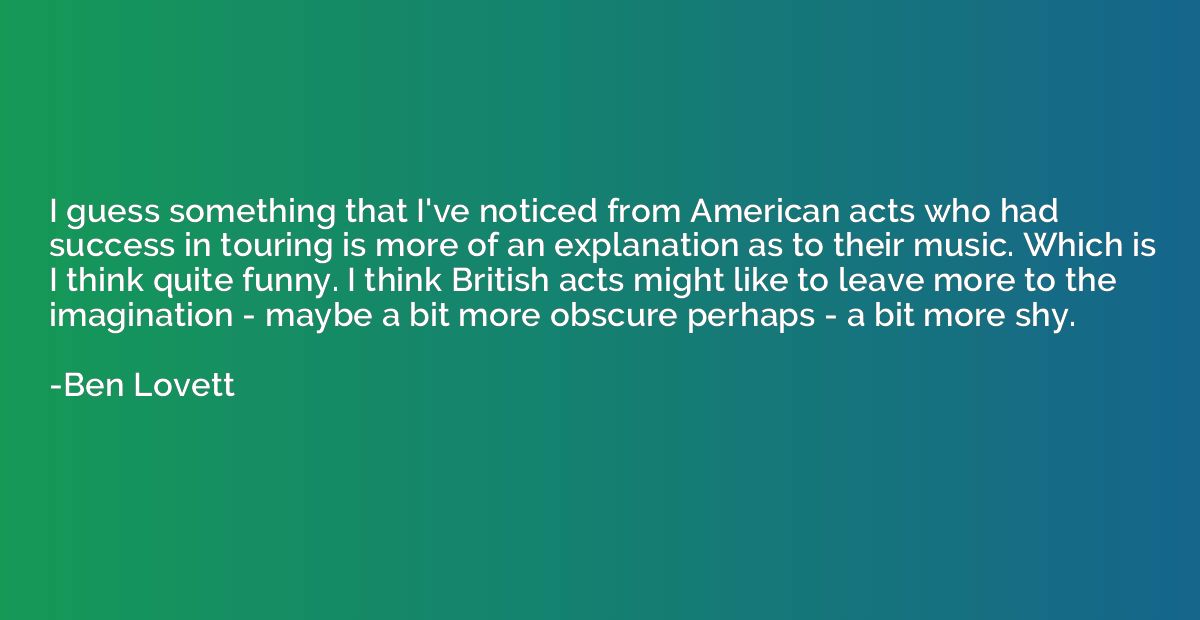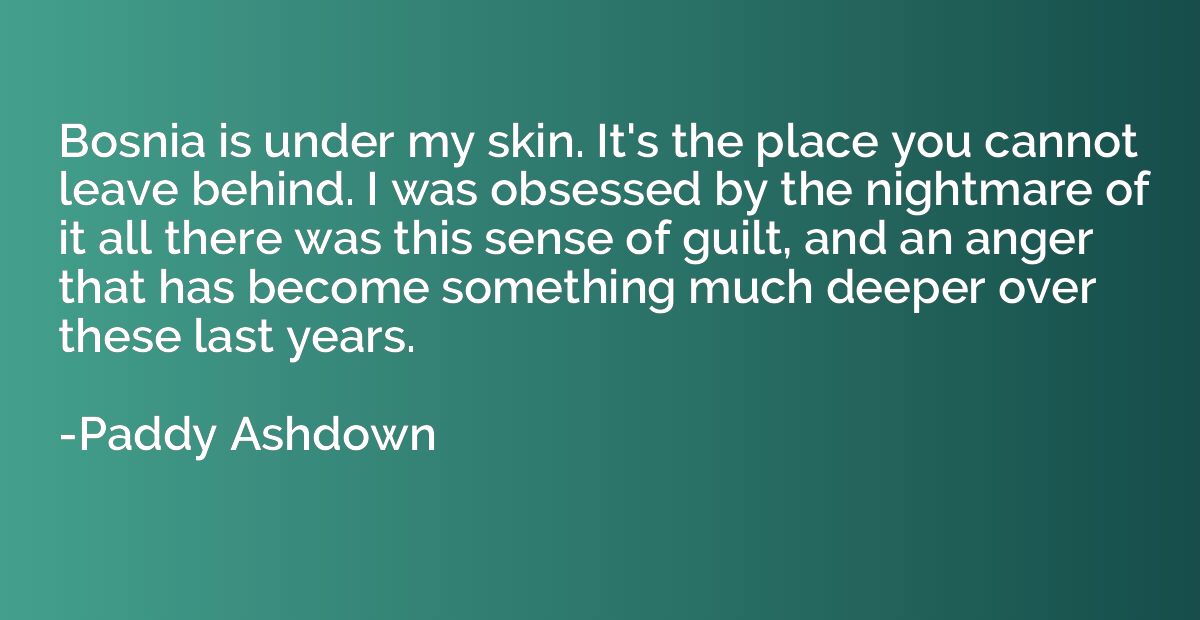Quote by Eugene S. Wilson
Only the curious will learn and only the resolute overcome the obstacles to learning. The quest quotient has always excited me more than the intelligence quotient.
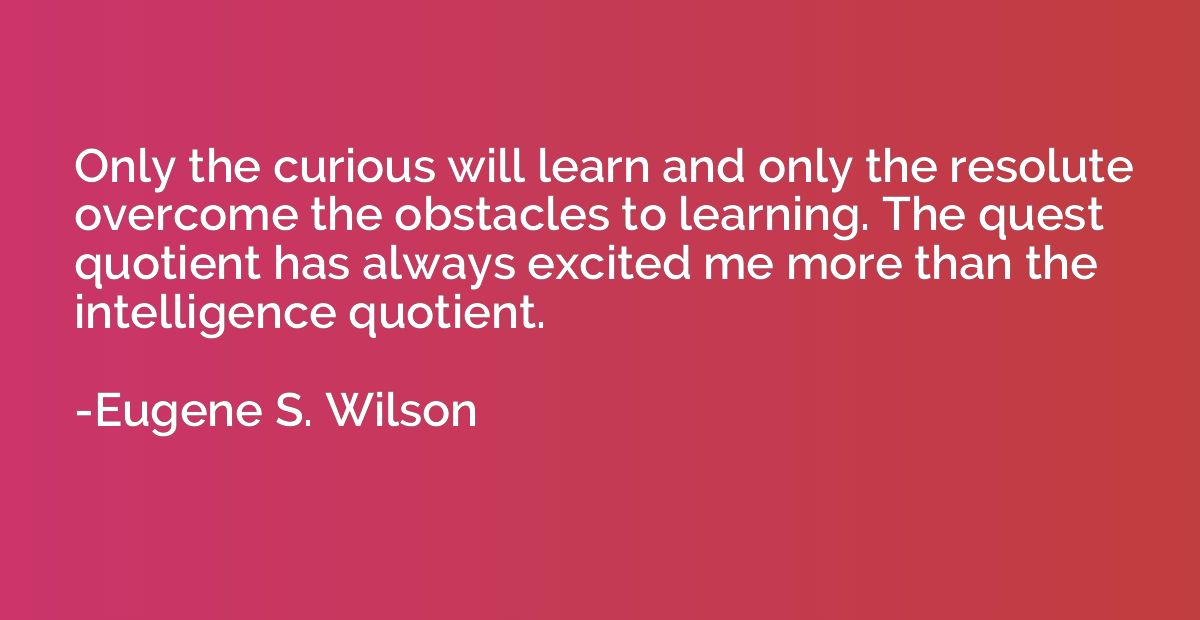
Summary
This quote emphasizes the importance of curiosity and determination in the process of learning. It suggests that those who are curious will be more likely to acquire knowledge and skills, while those who are determined will have the ability to overcome challenges and barriers in their educational journey. The quote also highlights the value of the "quest quotient," which refers to the passion and drive for exploration, discovery, and growth, as opposed to simply measuring intelligence. It implies that one's thirst for knowledge and willingness to pursue learning experiences is a more significant factor in achieving educational success.




